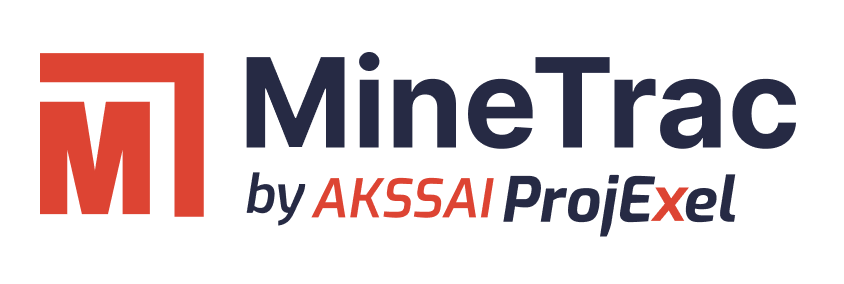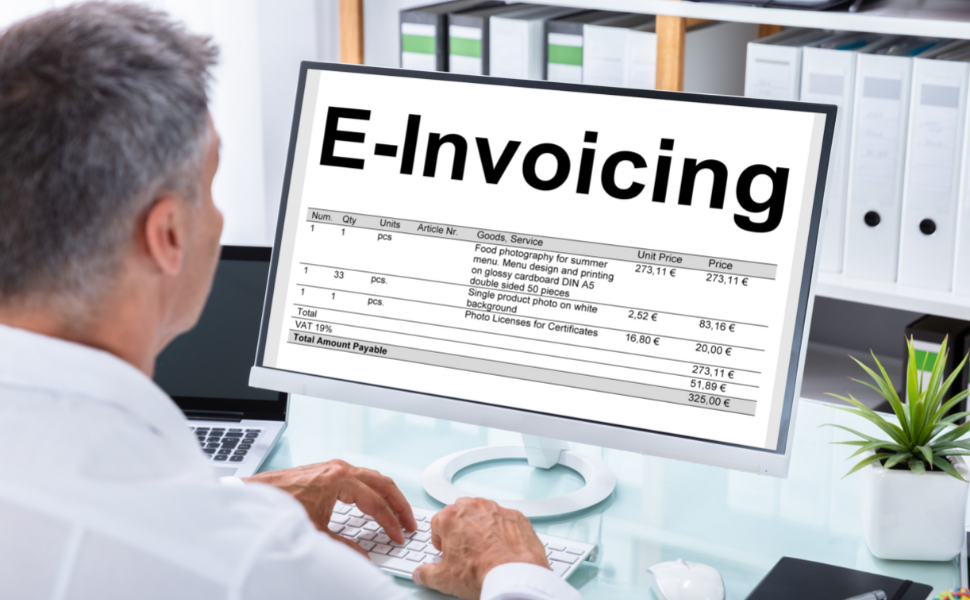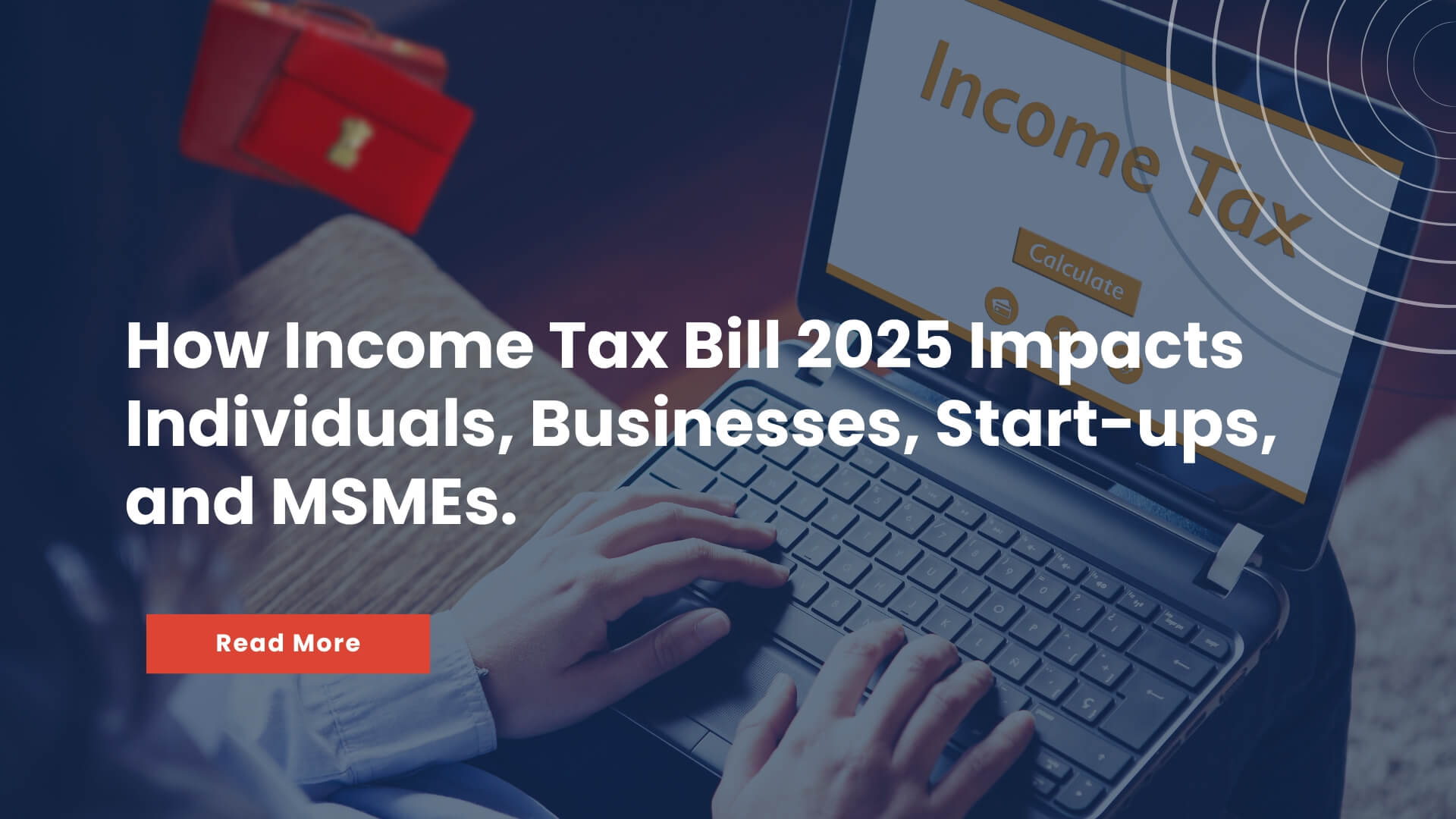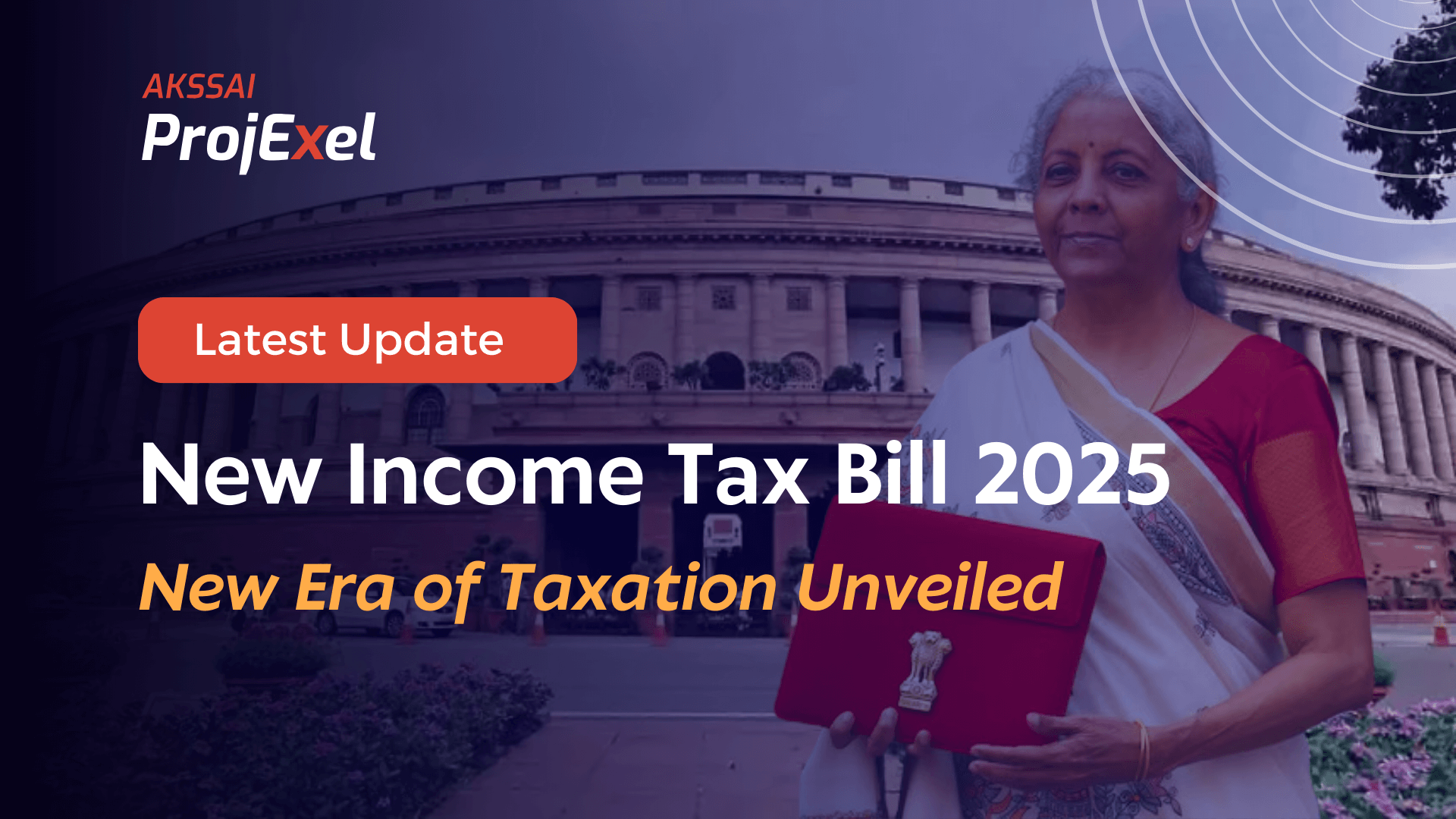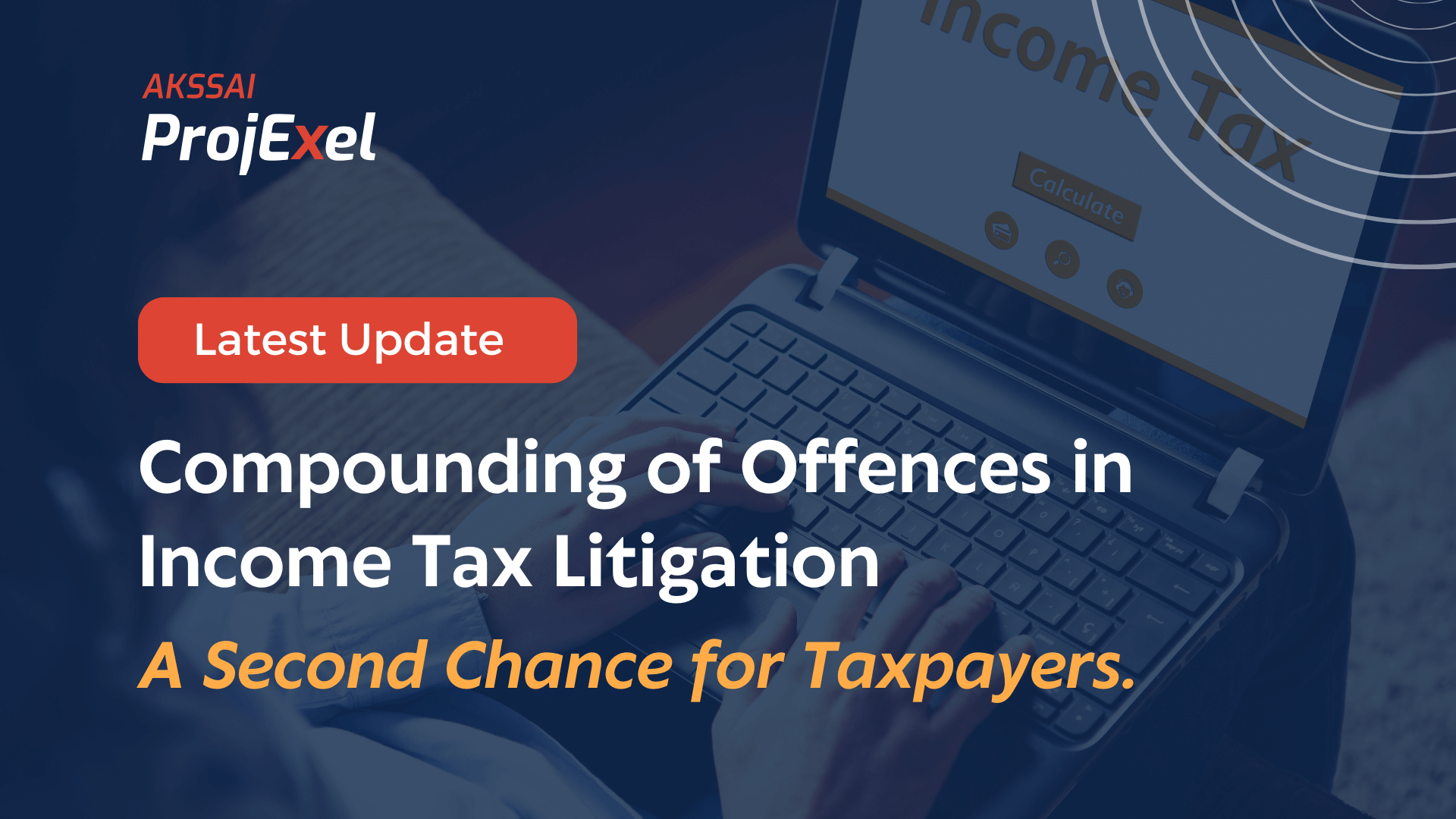The Goods and Service Tax council is moving forward with the concept of ‘e-Invoicing’ which is called ‘electronic invoicing’ in other terms. This is a system introduced by the GST council in which the B2B invoices are authenticated in an electronic manner by GSTN. the invoices are further used on the common portal for GST handling. Under the electronic invoicing system, for the invoicing process, an identification number is issued against every invoice. It is generated by the Invoice Registration Portal (IRP), and the same is managed by the GST Network (GSTN).
When was it launched for the first time?
The National Informatics Centre had launched the first IRP at the official website www.einvoice1.gst.gov.in
All the invoice information will be liable to get transferred from this portal to both the inclusions namely the GST portal and e-way bill portal. The transfers are done in real-time. Therefore, such transfers help to eliminate the need for using manual data entry while filing GSTR-1 returns followed by the generation of part-A of the e-way bills. The main reason behind this is that the information is either passed directly by the IRP to the GST portal.
The transportation of goods and services from one location to the other is facilitated by the process of filing of ‘e-Way Bills’ on the common platform that is present in the form of the GST portal.
Importance of e-invoicing policy of the Indian Government
e-Invoicing has been made mandatory from 1st October 2020 to different kinds of businesses whose annual aggregate turnover has exceeded a market sum of Rs.500 crore as per the limits. The market revenue should be belonging to any of the previous financial years from 2017-18 to 2019-20. From the beginning of the 1st January 2021, e-invoicing has become applicable to all the businesses exceeding the Rs.100 crore turnover limit that has been attained in any of the financial years between 2017-18 to 2019-20. Likewise, the same concept has been extended to various businesses with a total turnover of more than Rs.50 crore from 1st April 2021.
However, it is important to note that e-invoicing shall not be applicable to the following categories of registered persons. No matter if they match the prescribed turnover. The same has been notified in the CBIC Notification No.13/2020 – Central Tax:
- An insurer or any banking company. It can also be a financial institution, including an NBFC
- A Goods Transport Agency (GTA)
- A registered person who is indulged in supplying passenger transportation services
- A registered person who is indulged in supplying services by way of admission to the exhibition of cinematographic films in multiplex services
- An SEZ unit that has been excluded through the CBIC Notification No. 61/2020 – Central Tax
- A government department followed by a local authority excluded from the CBIC Notification No.
23/2021 – Central Tax
Way-forward Developments
There have been many developments related to the e-invoicing policy and in its 35th meeting. In this meeting, the GST Council have had discussions and further, have decided to implement a system of e-Invoicing. The meeting discussed that the concept of e-invoicing will be applicable to specific categories of persons only. However, it should be understood that the policy of e-Invoicing does not imply the generation of invoices on the GST portal.
This is nothing more than a myth.
The truth is that the concept of e-invoicing involves the process of submission of already generated standard invoices on a common e-invoice portal. Thus, it helps to automate multi-purpose reportings with the help of steps including the entry of one-time input of invoice details. The CBIC had notified for the preparation of a set of common portals for e-invoices through the Notification No.69/2019 – Central Tax.
Latest Updates
If the aggregate amount of turnover has exceeded the amount of Rs. 20 crores in any preceding financial year that is 2017-2018, 2018-2019, 2019-2020, 2020-2021, 2021-2022, then the e-invoicing will be applicable from the beginning of the upcoming financial year of April 1, 2022.

